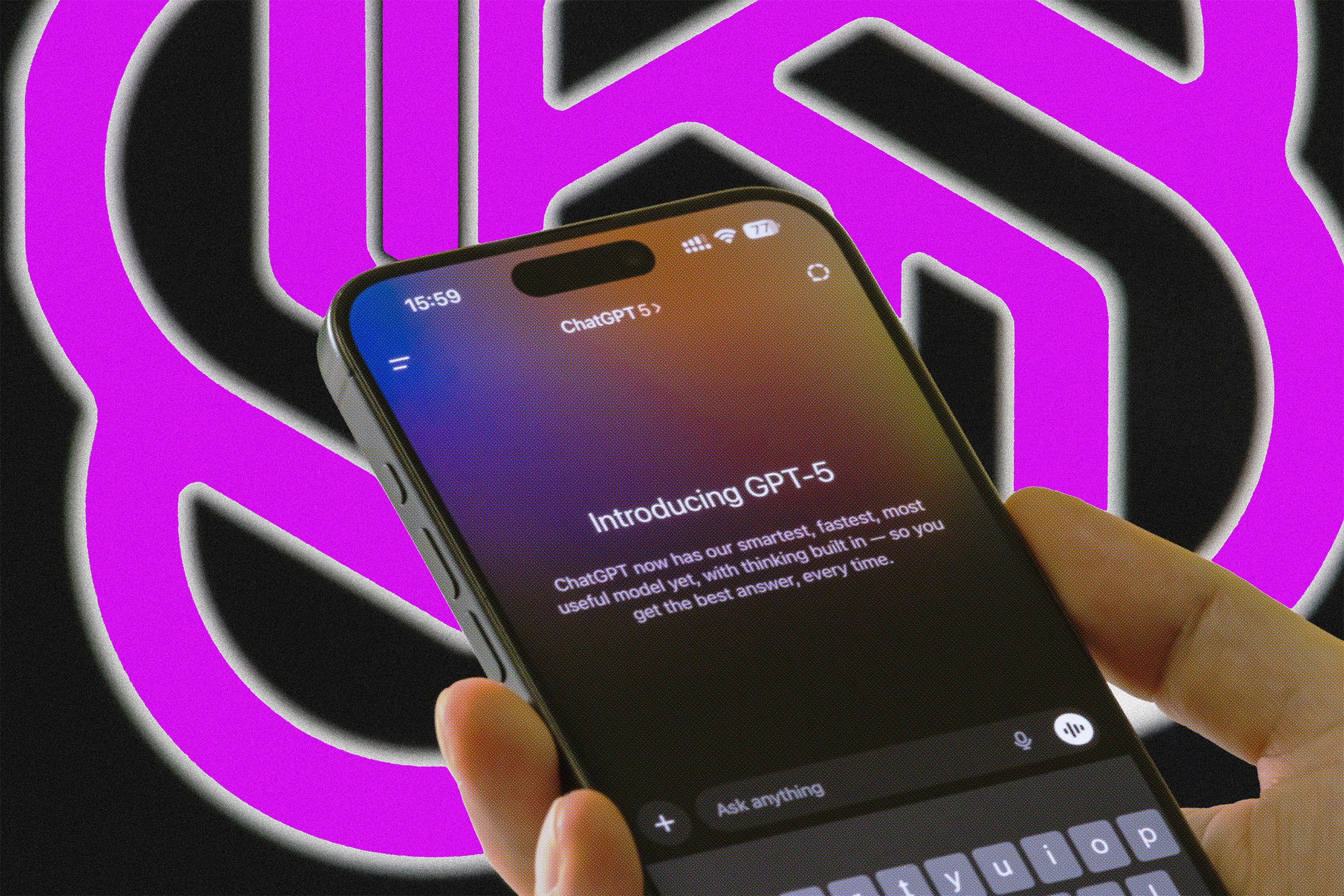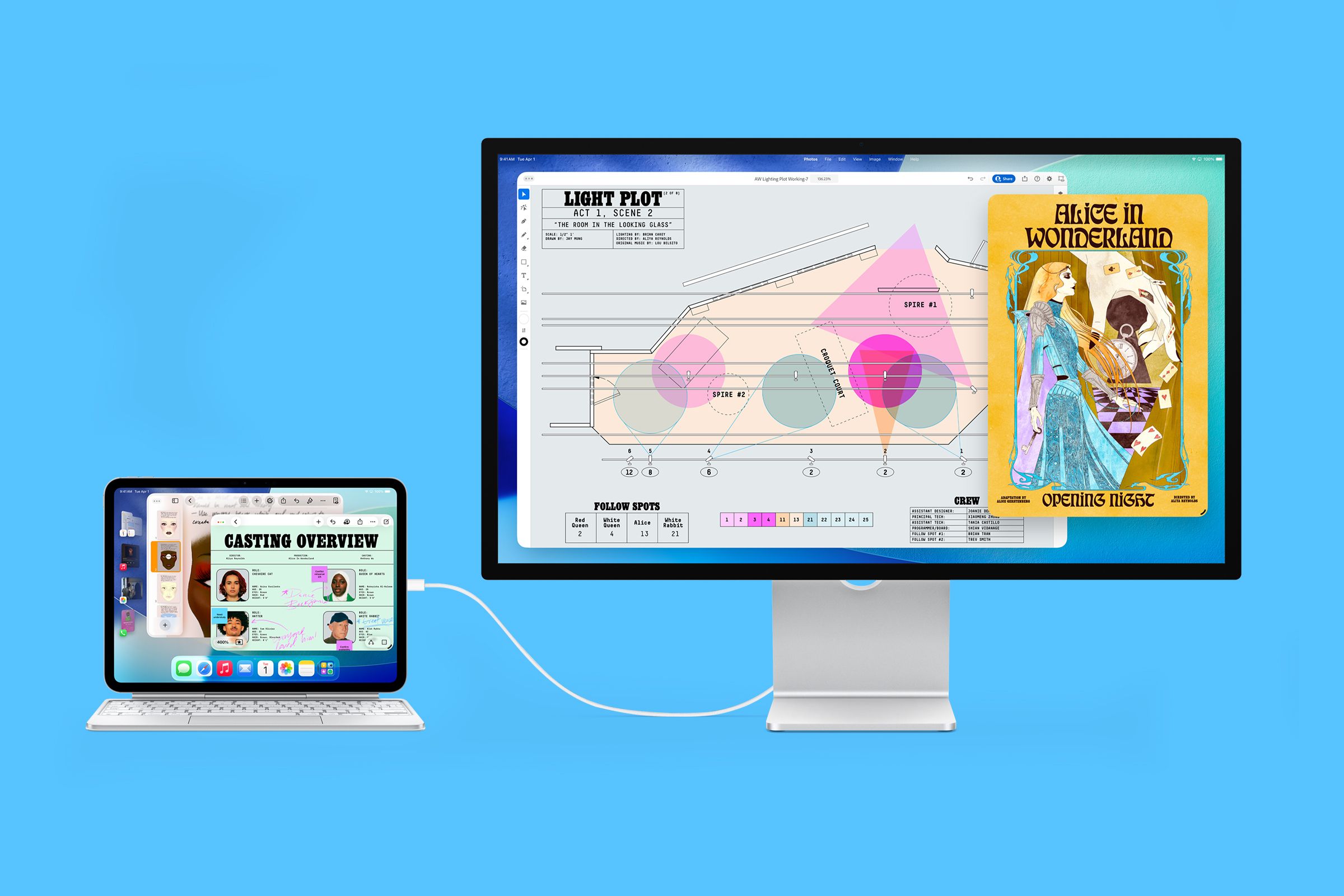WIRED Roundup: Why GPT-5 Flopped
WIRED Roundup: Why GPT-5 Flopped
Artificial intelligence has made incredible advancements in recent years, but not every project is a success story. GPT-5, the latest iteration of...

WIRED Roundup: Why GPT-5 Flopped
Artificial intelligence has made incredible advancements in recent years, but not every project is a success story. GPT-5, the latest iteration of the popular language model, has garnered significant attention for all the wrong reasons.
Initially hailed as a breakthrough in natural language processing, GPT-5 was expected to revolutionize communication and information processing. However, as soon as the model was released, reports of inaccuracies and biased output started pouring in.
Users found that GPT-5 often produced nonsensical or offensive content, causing widespread outrage and criticism. The flaws in the model raised important questions about the ethics and limitations of AI technology.
Some experts believe that the rush to develop bigger and more complex AI models has led to a neglect of crucial quality control measures. GPT-5’s failure serves as a cautionary tale for the AI community, urging developers to prioritize accuracy and ethical considerations over sheer scale.
Despite the setback, many remain optimistic about the future of AI and its potential to transform industries and improve lives. It is clear that lessons learned from GPT-5’s flop will shape the development of future models and guide the responsible deployment of AI technology.
As the dust settles on this debacle, one thing is certain: the road to artificial intelligence is paved with challenges and setbacks, but the possibilities for innovation and progress are endless.




